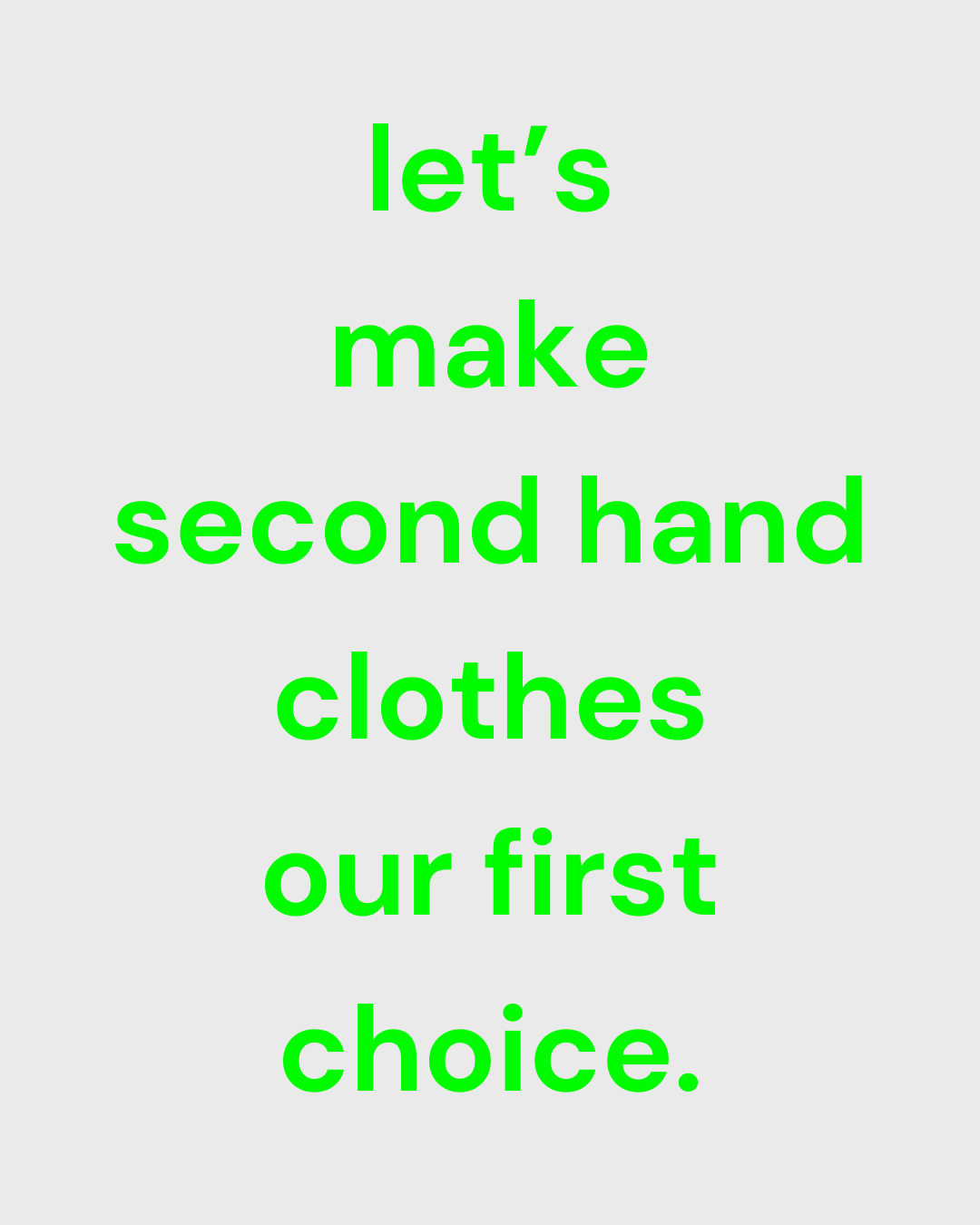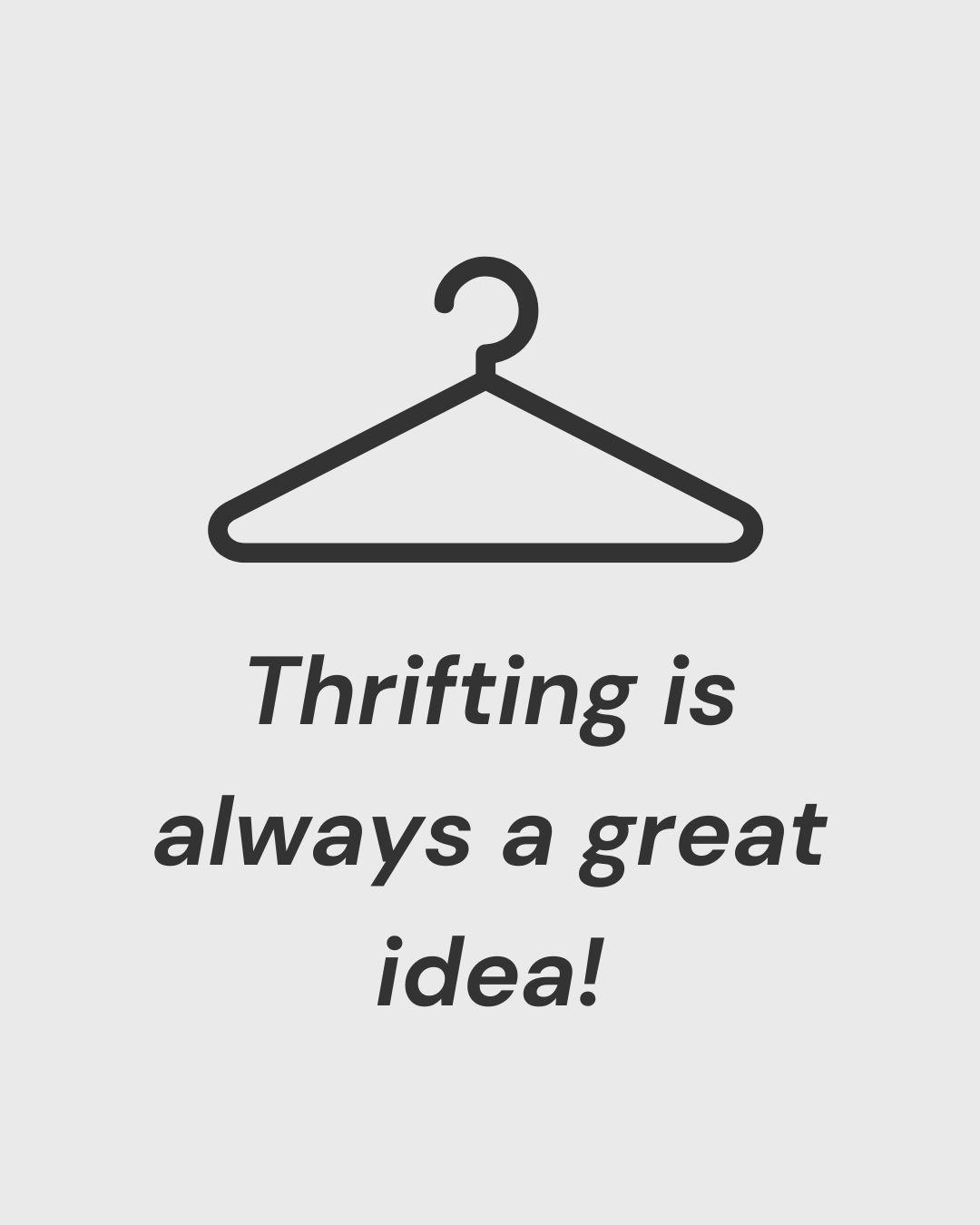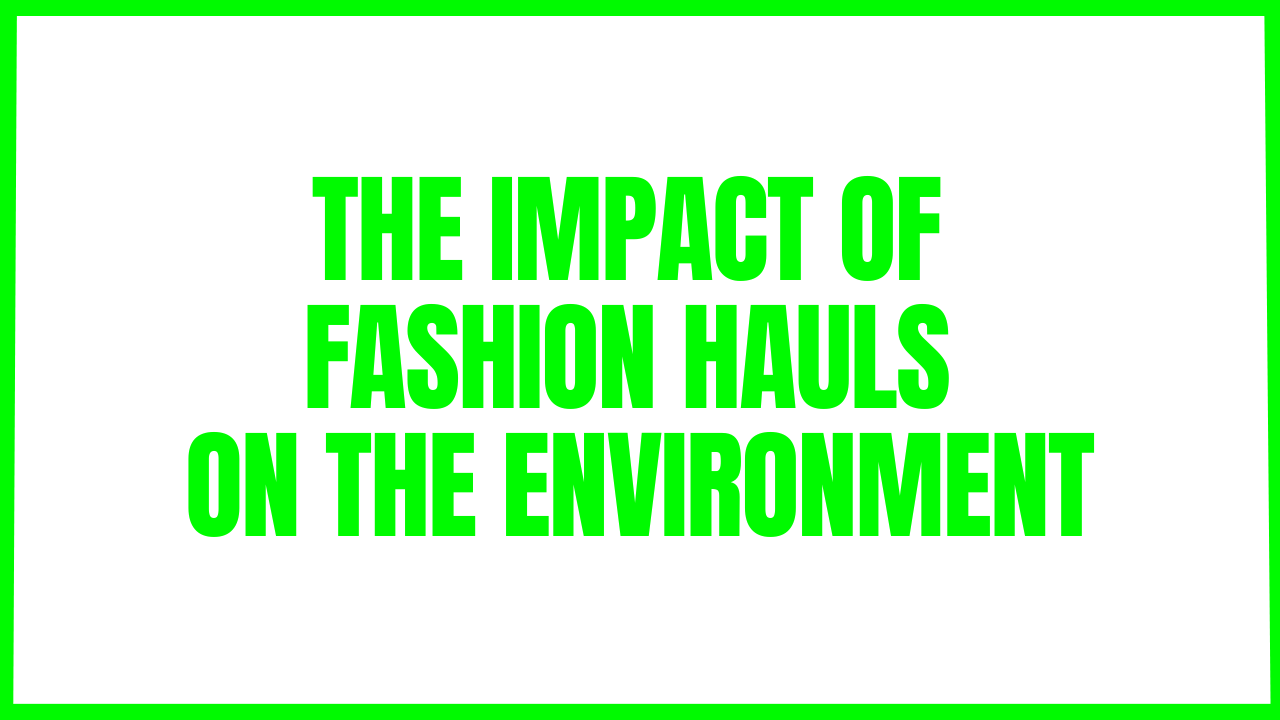
Fashion hauls on social media have become a popular trend among influencers and consumers alike, where individuals showcase their latest purchases and share their shopping experiences with their followers.
While these posts may seem harmless, they can actually contribute to overconsumption and therefore play a crucial role in textile pollution.
Social proof and peer pressure
When influencers and celebrities show off their new purchases on social media, it creates a sense of social proof and peer pressure for their followers to keep up with the latest trends.
This can lead to an increase in consumption, as individuals feel the need to buy the same items to fit in or maintain a certain image.
Lack of awareness about sustainability
Fashion hauls often feature fast fashion items, which are known to be harmful to the environment and contribute to the growing waste crisis.
However, many influencers and consumers are not aware of the environmental impact of their purchases, and the social media platform does not provide enough space to discuss the sustainability of the products being showcased.
Normalization of excessive spending
Fashion hauls often feature large quantities of items, which can create the illusion that it is normal to spend a lot of money on clothes and accessories.
This can lead to a culture of excessive spending, where individuals feel pressure to purchase more items than they need or can afford.
Constant exposure to new trends:
Social media platforms like Instagram and TikTok are constantly flooded with new trends and styles, which can create a sense of FOMO (fear of missing out) among consumers.
This can lead to an increase in consumption, as individuals feel the need to keep up with the latest trends and styles.
Increased accessibility
With the rise of e-commerce and social media, it has become easier than ever to purchase items online, which can contribute to overconsumption.
Influencers often include affiliate links in their posts, making it easy for their followers to buy the items they feature, without considering the environmental or financial consequences.
Sustainable Alternatives and Solutions

To mitigate the negative impact of fashion hauls on textile pollution, various sustainable alternatives and solutions are being explored. These include:
1. Slow Fashion Movement
The slow fashion movement promotes a more conscious approach to clothing consumption by encouraging consumers to invest in high-quality garments that are designed to last.
This movement emphasizes timeless styles over fast-paced trends and encourages individuals to reduce their overall clothing consumption.
2. Ethical and Sustainable Brands
Renting clothing items or purchasing from second hand markets reduces the demand for new garments and extends the lifespan of existing ones.
By embracing these alternatives, consumers can contribute to reducing textile waste and slowing down the cycle of overconsumption.
To Sum Up
Fashion hauls through social media platforms have undoubtedly contributed to the issue of textile pollution. The culture of overconsumption, resource depletion, and landfill accumulation are all interconnected problems that need to be addressed.
By promoting sustainable alternatives and adopting conscious consumption practices, we can work towards reducing the environmental impact of fashion and mitigating textile pollution.
